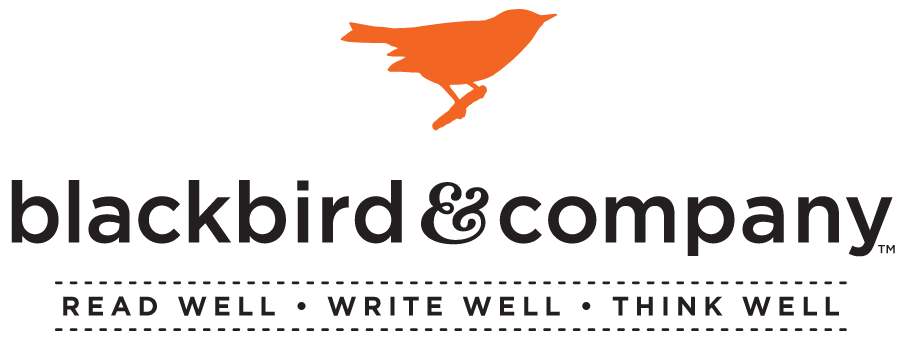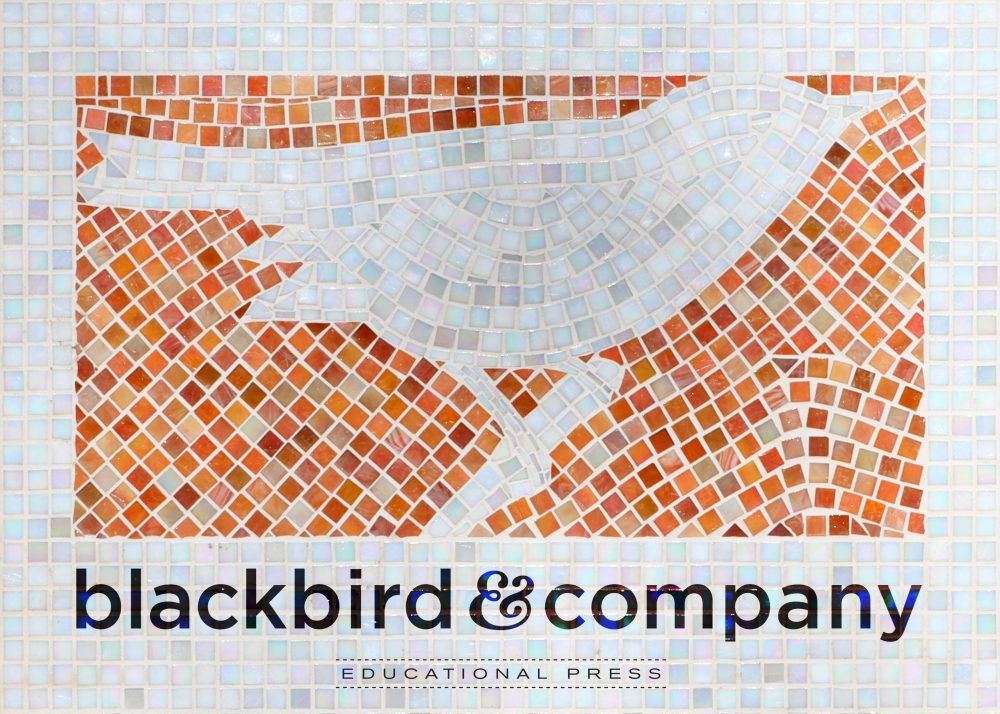Many thanks to our resident artist, Sara!
Category: Uncategorized
Inspire Presentation
Meet Constance
Would you believe me if I told you that I wrote my first poem when I was six years old? Even when I was in elementary school, I wrote little illustrated verses almost every week. I’d be too embarrassed to share those verses here, but even before I turned seven, writing was my natural outlet for my emotions.
Writing has been to me what reading is to Scout from To Kill A Mockingbird: natural, unconscious, without translation. Breathing. Even when I don’t have the time or inclination—or even when I feel discouraged with my writing—I’ll sense the urge to write poetry as if it were an urge to find air while underwater.
Flash forward from the six-year-old Constance to high school sophomore Constance.
I met Kim sometime after finishing my freshman year of high school—she was Mrs. B. to me then. She was the first writing teacher of mine whom I actually admired. I still remember meeting her for the first time, showing her a couple of my poems, and being stunned by how her suggestion to change one word revolutionized the tone of an entire stanza.
Kim introduced me to the world of submissions, and helped me get published and recognized by various literary journals and contests such as the Scholastic Arts and Writing Awards. More importantly, she taught me to value the workshop environment, and constantly championed my decision to become an English major in college.
So that’s where I find myself today—a sophomore English major at USC. My writing-related dreams include studying poetry in Paris, interning at Poets and Writers, Inc., and using my love for words as a human rights lawyer… but that’s all still in the air.
The only thing I can tell you right now that is substantially relevant is that writing, to me, is like breathing.
———————
Constance Chan has interned for Kim since 2011 and has helped develop curriculum with Blackbird & Company Educational Press. Her writing has been recognized by domestic and international journals and contests such as the Scholastic Arts and Writing Awards and USC’s Undergraduate Writers’ Conference. She is an English major, human rights minor, and Thematic Option Honors student at the University of Southern California. She is passionate about imagist poetry, breakdancing, and leftover Chinese takeout on those days when you don’t have time to cook dinner.

